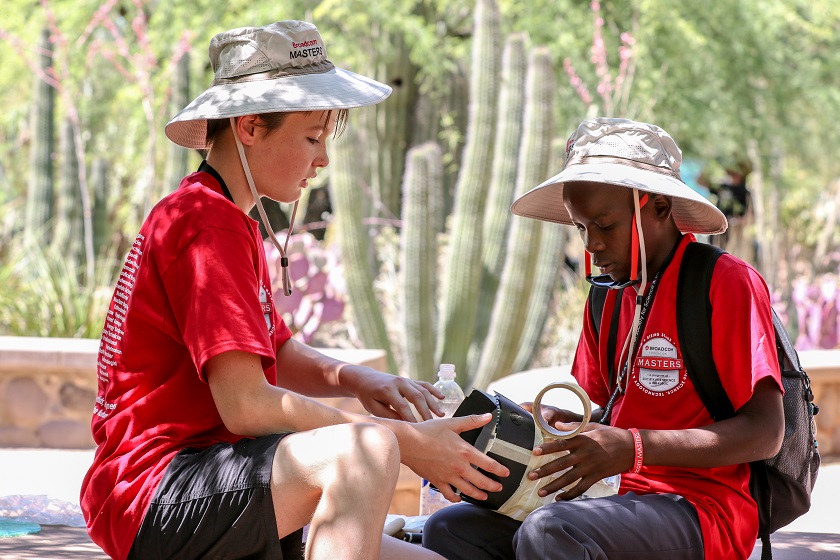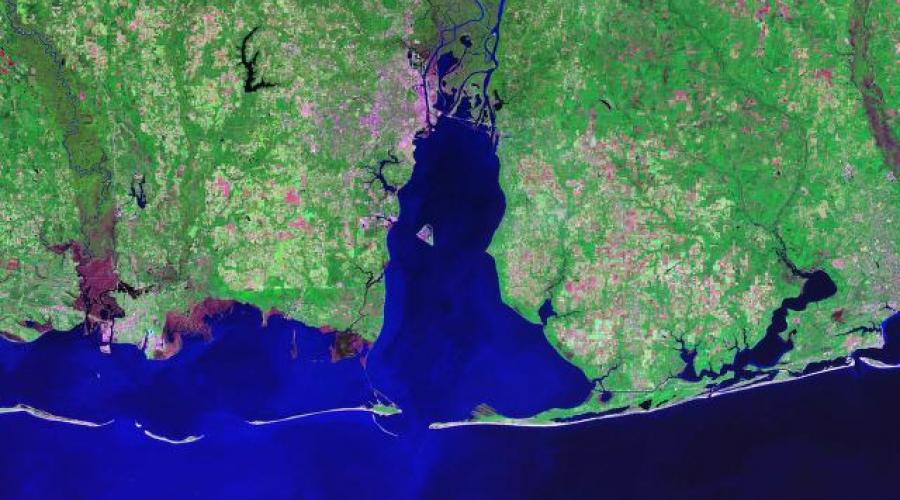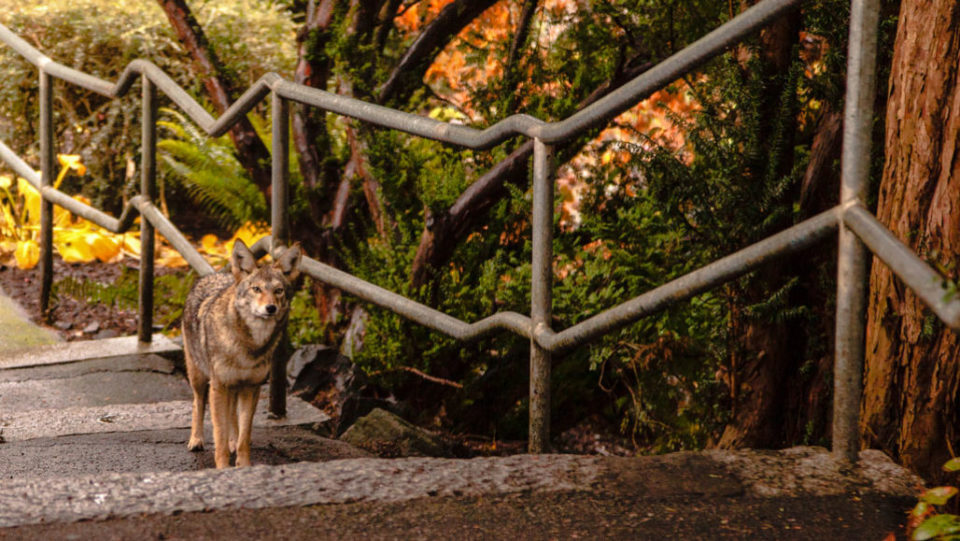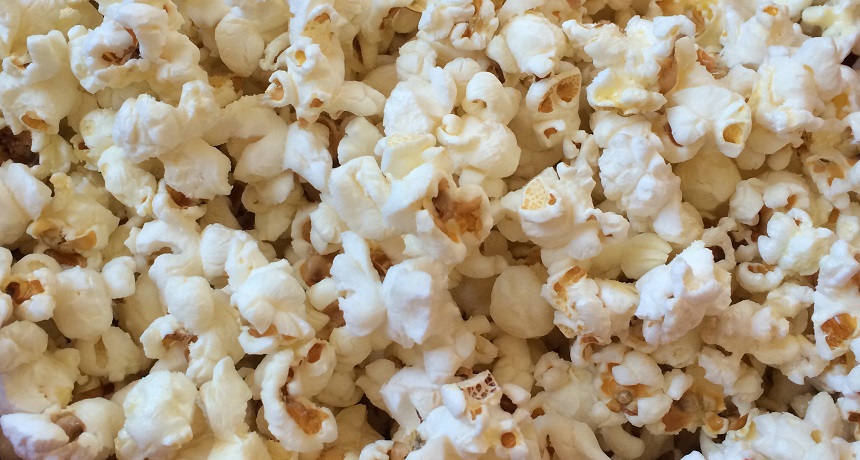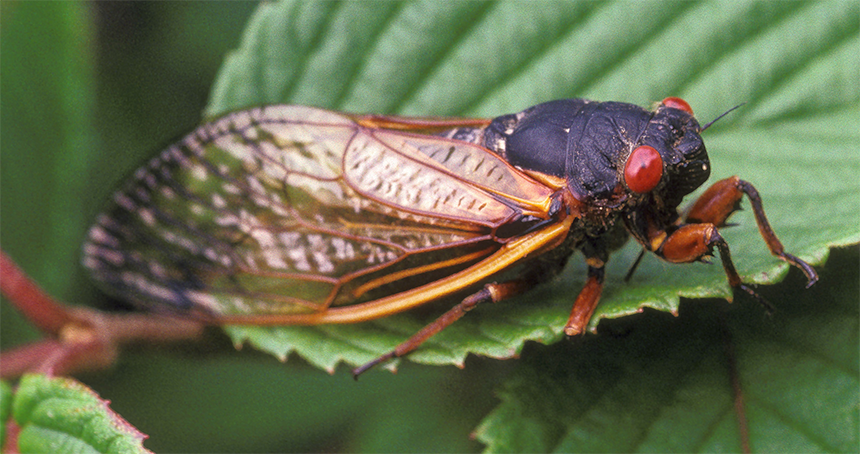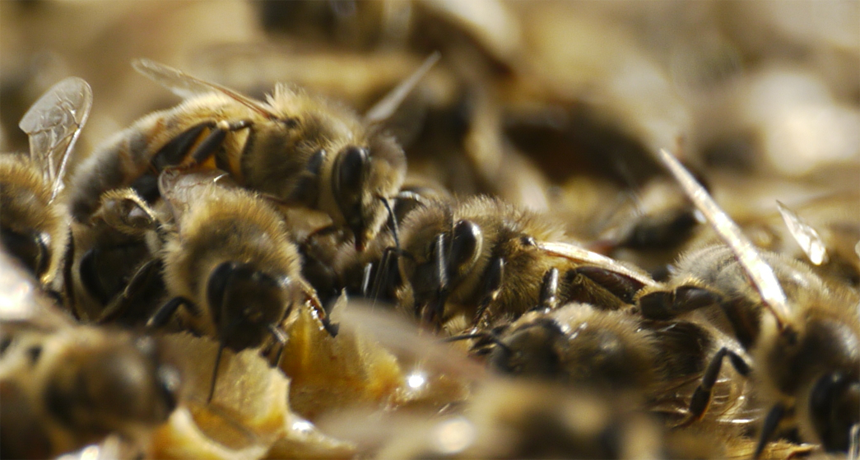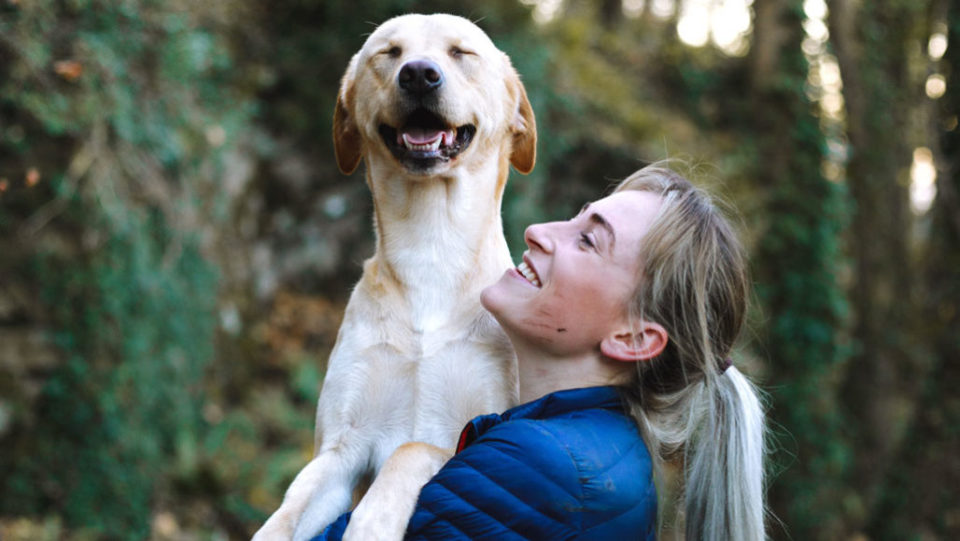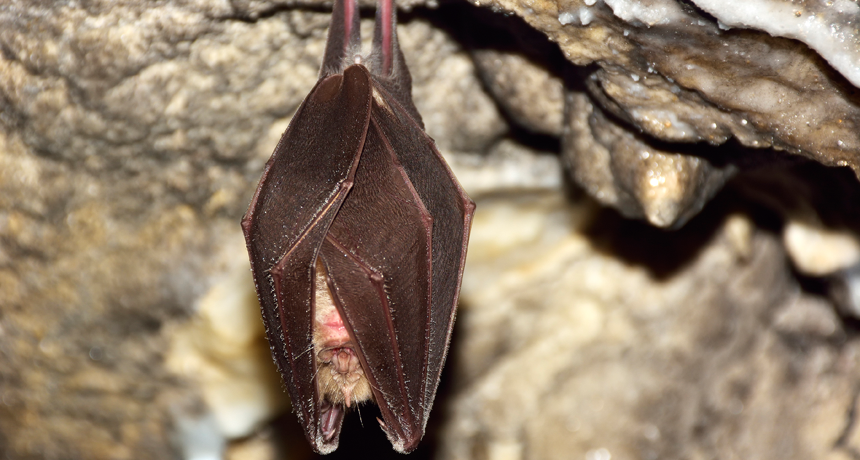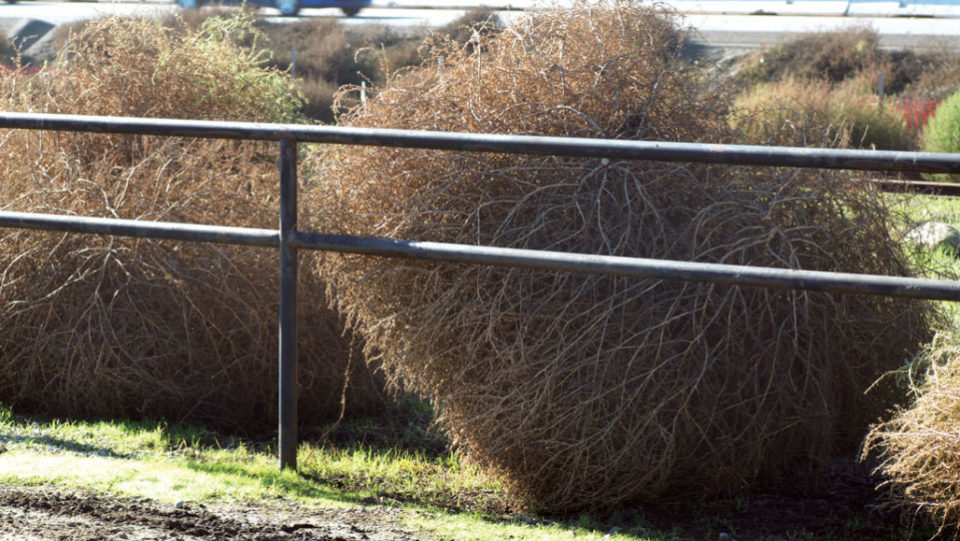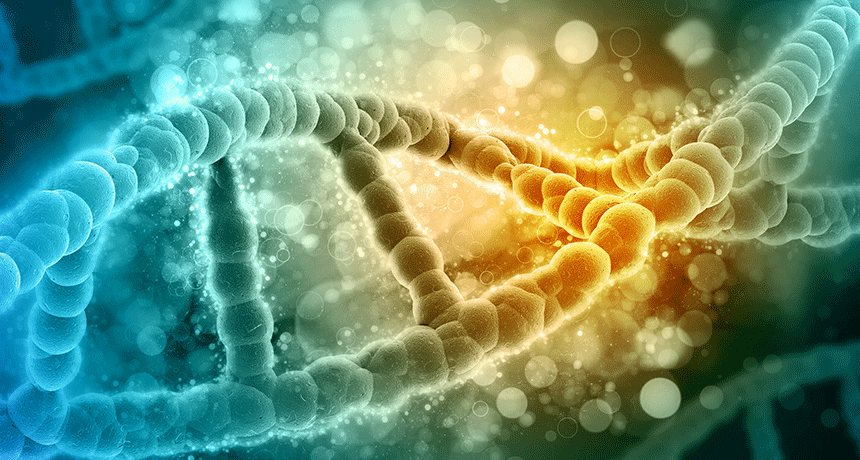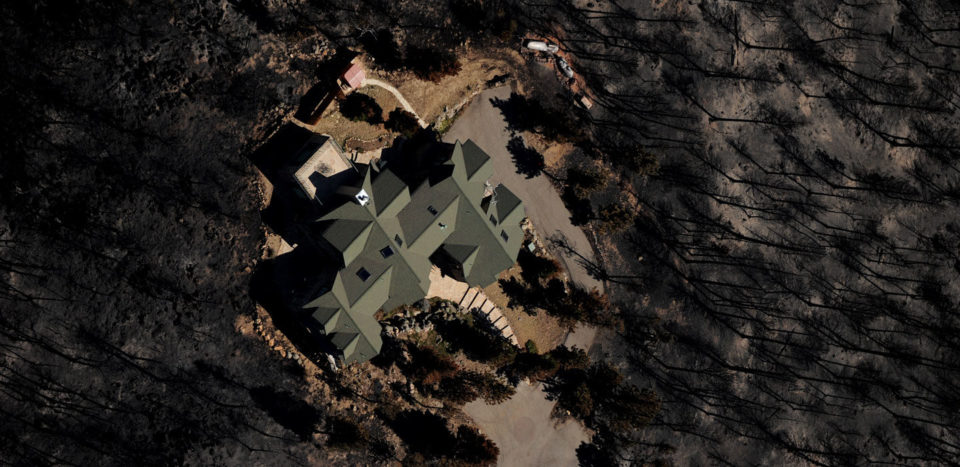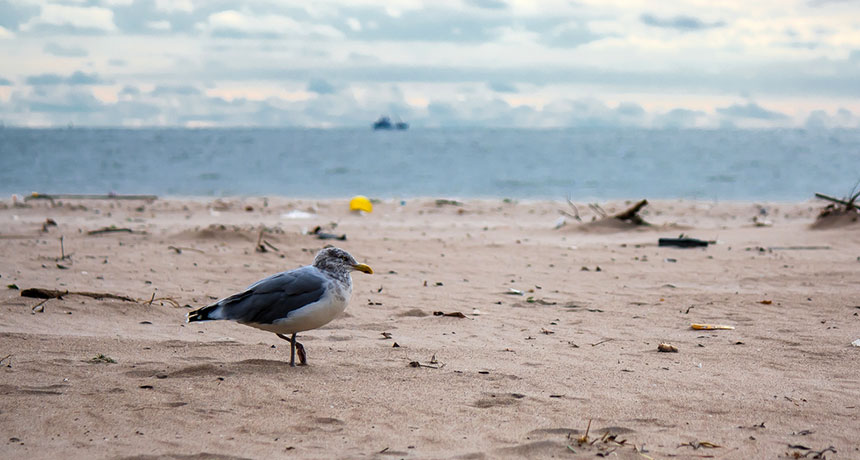"I Wonder...": Reconnecting with Our Natural Curiosity
Every day, all day long, we ask ourselves questions about the world. Most of us are not conscious that we do so, but those questions can be very important.
These questions are clues to the things that we wonder most about the world and that is exactly where a STEM research project should begin – with your own natural curiosity. “I Wonder…” is a process that can help you reconnect with that curiosity and lead you to a unique research project topic that you are passionate about investigating.
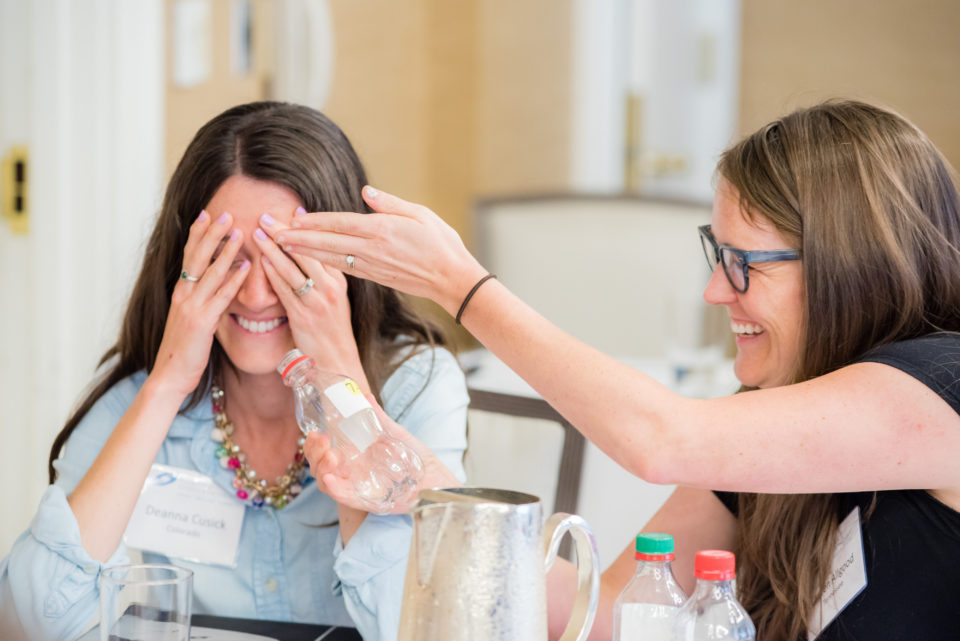
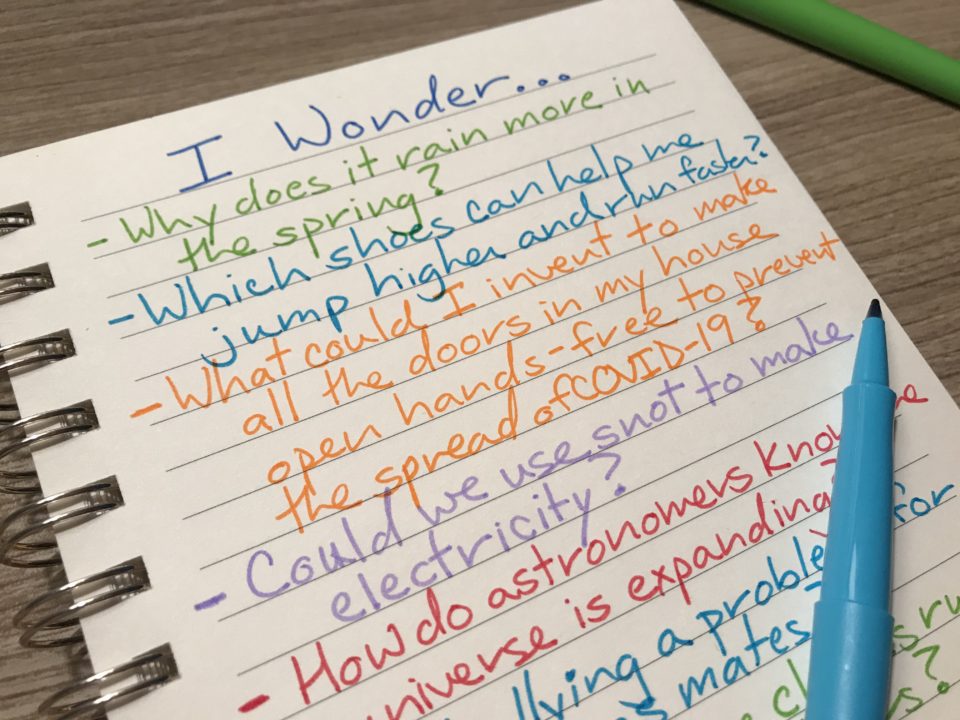
"I Wonder" Challenge
If you’re looking for a project idea or just want to tap into your curiosity, we recommend starting with an “I Wonder” journal.
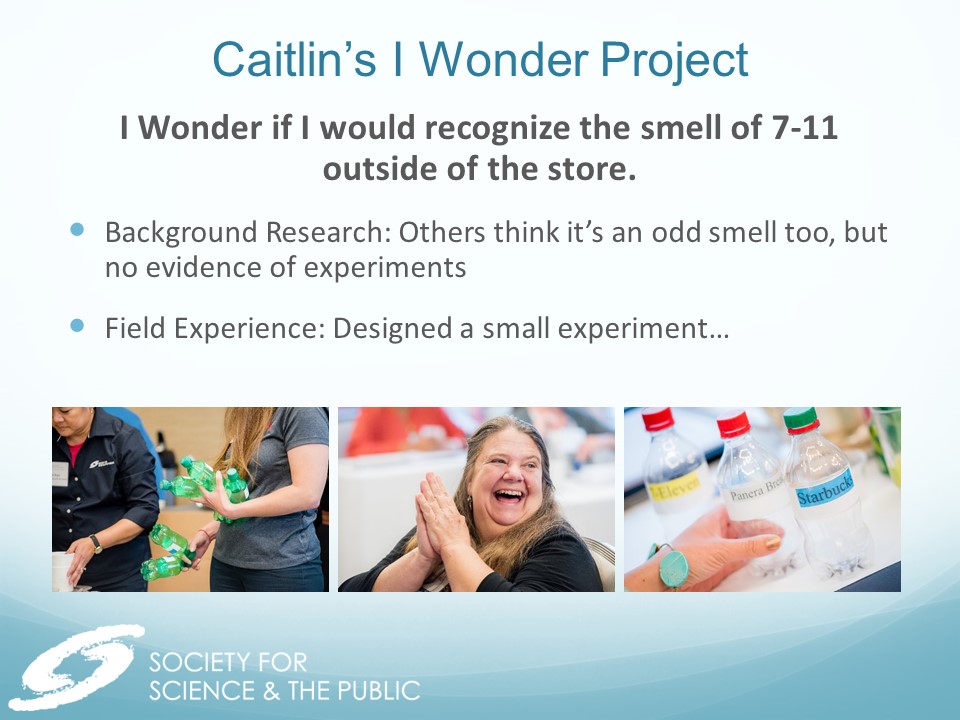
"I Wonder" Introduction
Learn all about the “I Wonder” process, which can help you turn your questions about the world into a science research project that you could enter into a science fair.
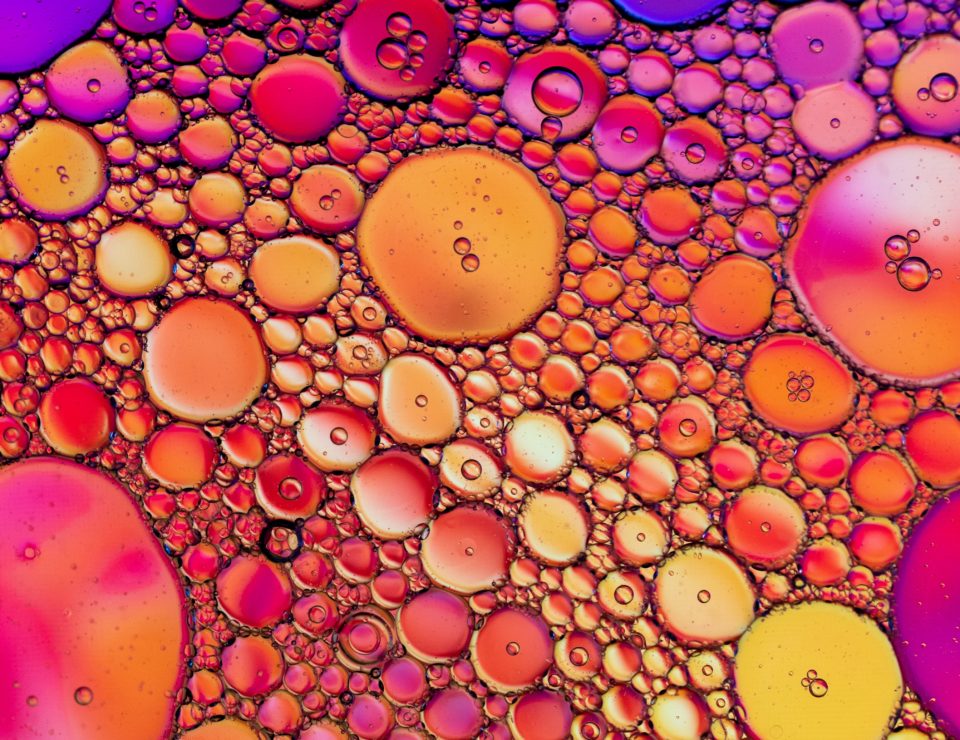
Our Wonder Wall
Looking for more things to wonder about? Check out our Wonder Wall, which is filled with photos of many wonder-ful things!
Blogs About Students Who Wonder
Articles that Make us Wonder
Science News and Science News for Students are our award-winning publications that cover current advances across all STEM disciplines. We have gathered a collection of articles specifically on things that made us wonder to further shed light on this topic and provide inspiration for student research projects.
